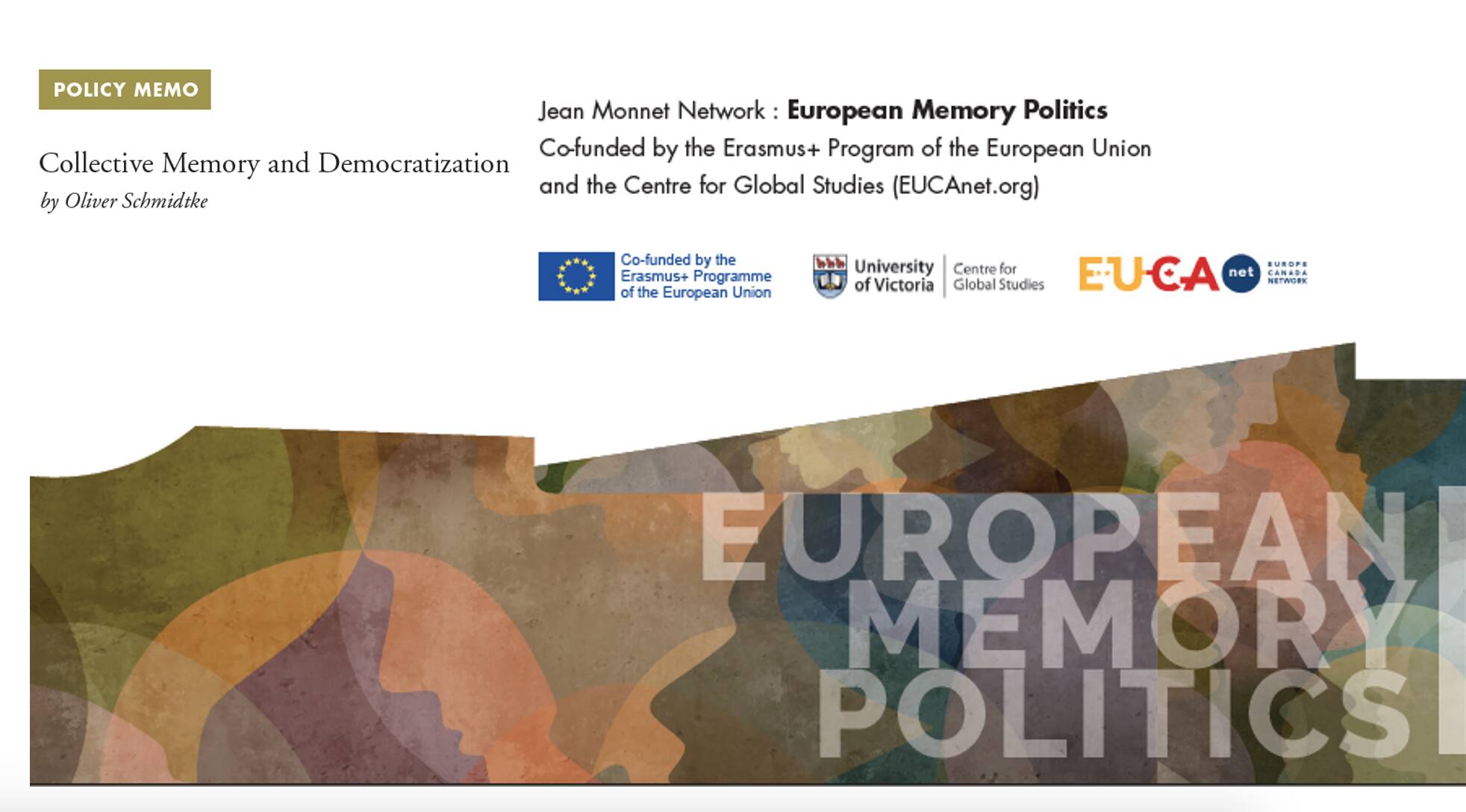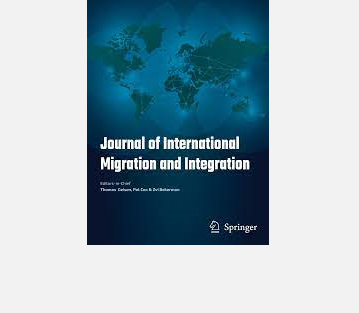Challenges of Democratic Participation and Legitimacy in Canada and Europe
By Joan DeBardeleben and Jon Pammett
Challenges of democratic participation in Canada and Europe At both the EU and member state levels, Europe has faced significant challenges establishing democratic legitimacy over the past decade. The institutions of government at the level of the Union are perceived as even more remote than those at the national level from potential influence by the average citizen. This perceived distance between the level at which citizens can potentially exert influence and the level at which governmental decisions which affect their lives take place is sometimes referred to as the ‘democratic deficit’. The term masks the fact that citizens may only infrequently be concerned about their perceived lack of influence. In many cases, this gap is also a ‘knowledge deficit’; with low knowledge may come a lack of concern about where the decisions are coming from, even as EU decisions have an increasing impact on everyday life. At other times, the lack of influence becomes a matter of acute concern.
In Europe, concerns about a ‘democratic deficit’ occurred as the economic promises of European integration received a jolt from the ongoing effects of the economic crisis of 2008 and the Eurozone crisis (DeBardeleben and Viju, 2013). At the national level, public exasperation with governmental institutions was manifested in losses of power and diminished vote totals for a number of political parties in government (LeDuc and Pammett, 2013). These ‘parties in government’, either alone or in coalition, often suffered in European Parliament elections as well (ibid). The 2014 European Parliament elections saw unprecedented levels of support for Eurosceptic and extremist parties, along with continuing low levels of voter turnout. Even preceding the most recent Eurozone and refugee crises, problems of social integration of immigrants from non-EU countries has challenged national solidarity in some member states, further contributing to problems of democratic legitimacy.
Canada-Europe-Transatlantic-Dialogue-Capstone-Report-March-2017









